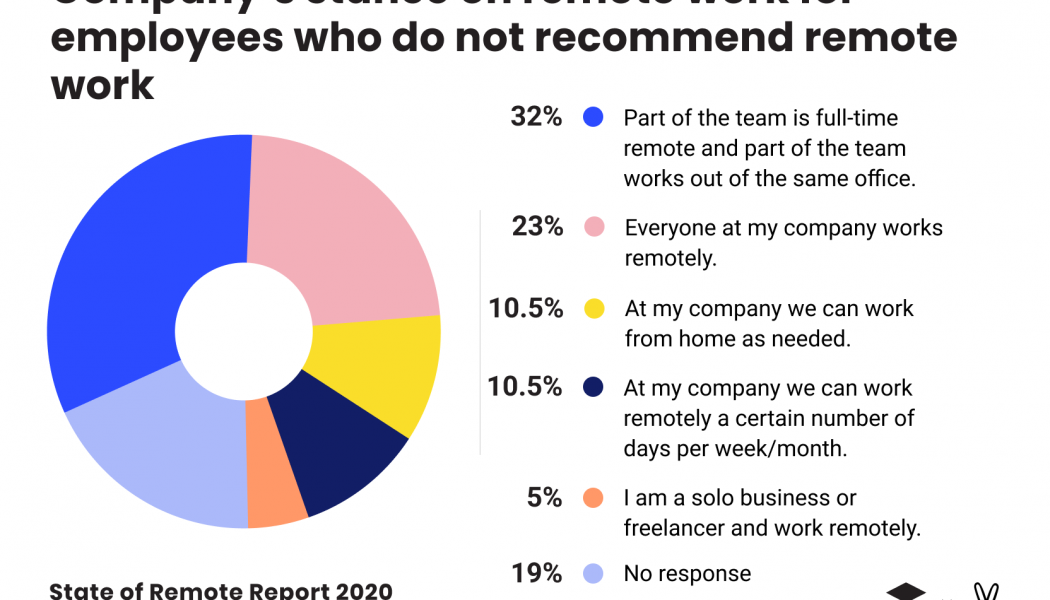Remote Working Coronavirus
How a Multi-channel Approach could Improve the Experience of Remote Workforces
As the COVID-19 pandemic irrevocably redefined the way we communicate and work, remote working and mobile workforces have become central to doing business in the new normal. This means that organisations are having to develop new communication strategies and channels to create a collaborative remote working environment for employees to ensure Business Continuity (BC). However, it goes beyond merely assisting them to set up shop in their living rooms and bedrooms so they can continue to carry out their daily activities, the biggest concern has been enabling as much productivity of the mobile workforce as when they were in the office. This means that remote workers should have access to the same software applications, data and tools as when working physically in the office. Yet not everythin...
Why Remote-Working Works
Sourced from Getty Images. An unforeseen work-from-home revolution has caught many companies by surprise as most employees have now been forced to work from home. The likelihood of returning to the office any time soon seems very unlikely. So what are the pros and cons of working from home? Working from home usually provides employees with greater autonomy over how and when they work, and also how they manage their lives and other responsibilities. Remote working also provides better job satisfaction, increased loyalty, lower absenteeism and less staff turnover. Increased productivity Remarkably, research shows that there is an increase in performance for employees working from home. Airtasker surveyed about 1000 full-time employees in the US of which 50% worked remotely. They compared eve...
The Future of Remote Working in South Africa
Sourced from We Work Remotely For several months now, office spaces across South Africa have been gathering dust, void of occupants as employees have been working from home. While there is no telling when the pandemic will end, if the current work-from-home culture is adopted more permanently, offices may soon become ghost towns. But the future of remote working largely remains to be determined. When the COVID-19 crisis began, countless businesses were put to the ultimate test from an IT infrastructure support perspective. A large proportion of the workforce had to cease going in to the office in order to prevent the spread of the virus. As such, for businesses to survive, they had to devise a remote working strategy and leverage digital technology to bring work into the home instead, ensu...
Leading a Remote Workforce: a Success Story
At a time when the whole world has been forced to make drastic changes to the way in which it operates, one has to wonder whether being at the helm of any organisation is an enviable position. As the cumulative effects of South Africa’s recent economic downturn and current world events make themselves felt, the ability to adapt to new models of working has been the fundamental driver of maintaining operations. Canon South Africa MD, David Preston, has been working from his home country in England when lockdown took effect, and when asked what challenges he’s had to overcome in the wake of the lockdown restrictions, being abroad is first on the list. However, he is quick to add that this has proved more of a mental challenge than anything else because, practically, it’s been a matter of usi...







